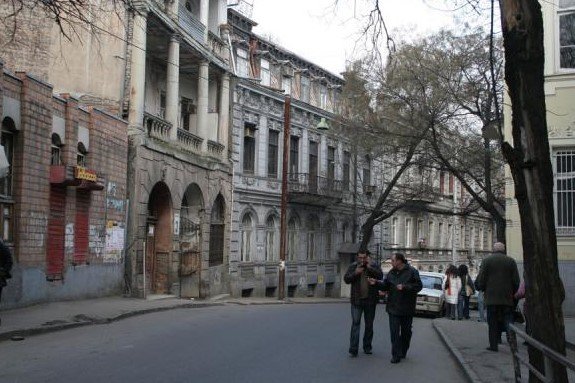For months, streets across Georgia have been alive with the roar of dissent. Thousands of citizens, fueled by anger over their government’s rejection of EU talks, face more than just tear gas and arrests — now, they’re being buried under massive fines.
Protesters Hit Where It Hurts: Their Wallets
Nadim Khmaladze didn’t expect his activism to come with a price tag that could bankrupt him. The 60-year-old rights defender has stood shoulder-to-shoulder with other Georgians in Tbilisi since November, protesting the government’s decision to freeze EU membership talks.
But his fight for democracy now comes with a crippling bill: 45,000 lari — about $16,000 — for briefly blocking traffic on a main street. That’s nearly two years’ worth of wages in a country where the average monthly salary barely scratches $700.
He’s not alone. Prominent writer Mikheil Tsikhelashvili, who returned from Portugal to join the movement, said both he and his girlfriend were slapped with fines of $1,850 each — a sum he calls “financial terror” designed to smother dissent.

A Protest Movement That Won’t Back Down
Even with winter’s bite and fines looming, protesters are staying put. Each night, streets in Tbilisi and other cities fill with chanting crowds. Their goal? To push back against the ruling Georgian Dream party, which many accuse of steering the country closer to Moscow and away from the European Union.
The protests erupted after controversial parliamentary elections in October, which the opposition claims were rigged. Fuel was thrown on the fire when Prime Minister Irakli Kobakhidze announced on November 28 that Georgia would halt EU membership talks until 2028.
With more than 80% of Georgians supporting EU integration — a desire etched into the country’s constitution — the move felt like a betrayal. The government’s growing ties with Russia, long seen as an oppressive force in the region, only made tensions worse.
Heavy-Handed Tactics Spark Global Condemnation
The government’s response has been swift and brutal. Police have cracked down hard, deploying tear gas and water cannons. Hundreds have been arrested, and Georgia’s ombudsman Levan Ioseliani, alongside Amnesty International, has accused authorities of torturing detainees — allegations the government flatly denies.
For Khmaladze, the fines are just the latest weapon in a campaign to crush resistance. “The government is using Russian-style methods to abolish freedom of assembly,” he says. Many protesters agree, pointing to the skyrocketing fines as a strategy to scare Georgians off the streets.
The Price of Dissent: A Breakdown
The financial penalties for protesting have escalated sharply. Here’s a look at what demonstrators are up against:
| Offense | Average Fine (Lari) | Equivalent in USD |
|---|---|---|
| Blocking Traffic | 45,000 | $16,000 |
| Unauthorized Protest | 5,000 – 7,500 | $1,850 – $2,775 |
| Damage to Property | 10,000 – 20,000 | $3,700 – $7,400 |
For many Georgians, these fines are devastating. The country’s minimum wage remains a meager 20 lari ($7.40) per month, unchanged since 1999.
Courts Offer Little Hope
Facing these financial penalties, some protesters have turned to the courts — but faith in the justice system is low. Tsikhelashvili took his case to court, though he admits he has “little hope in Georgia’s justice system, which is fully controlled by the ruling party.”
Human rights groups warn that the fines are part of a larger pattern: stifling opposition by any means necessary. “This isn’t about keeping roads clear,” says one activist. “It’s about making sure people are too afraid — or too broke — to fight back.”
What’s Next for Georgia’s Protesters?
With fines piling up and arrests continuing, the question remains: will the protesters hold the line? So far, the answer looks like a resounding yes.
Despite financial ruin looming over them, Khmaladze and thousands of others still turn out every night, their chants echoing through Tbilisi’s streets. The government’s strategy may be to drain their wallets — but it hasn’t broken their spirit yet.
